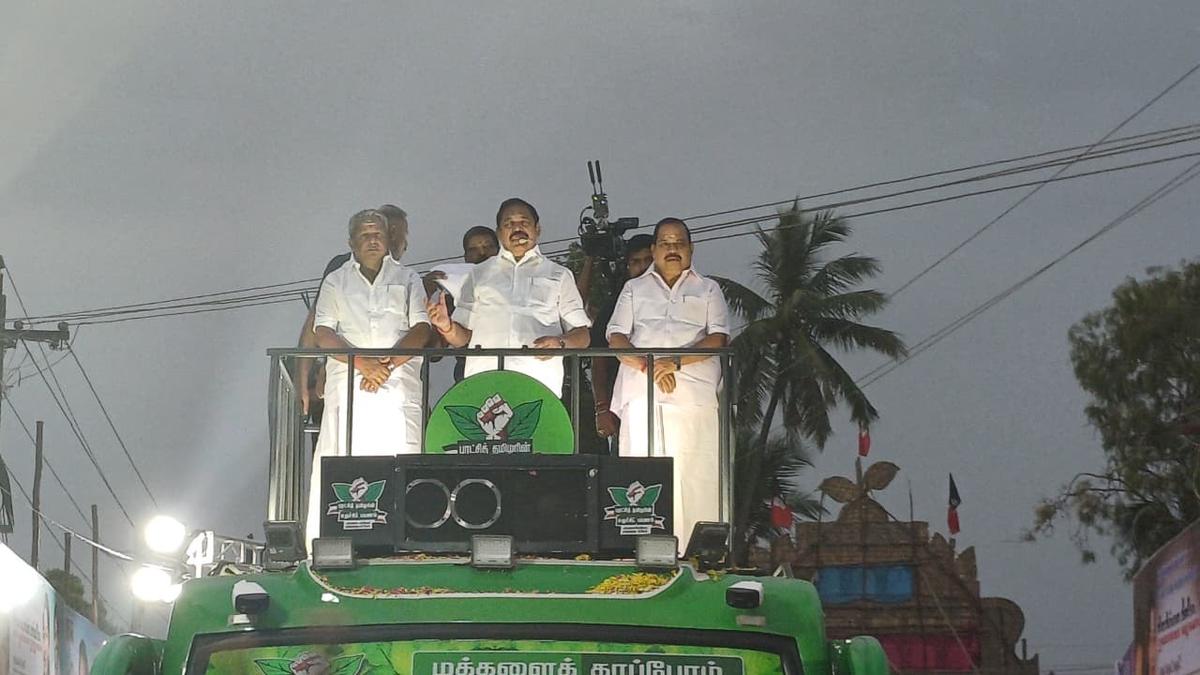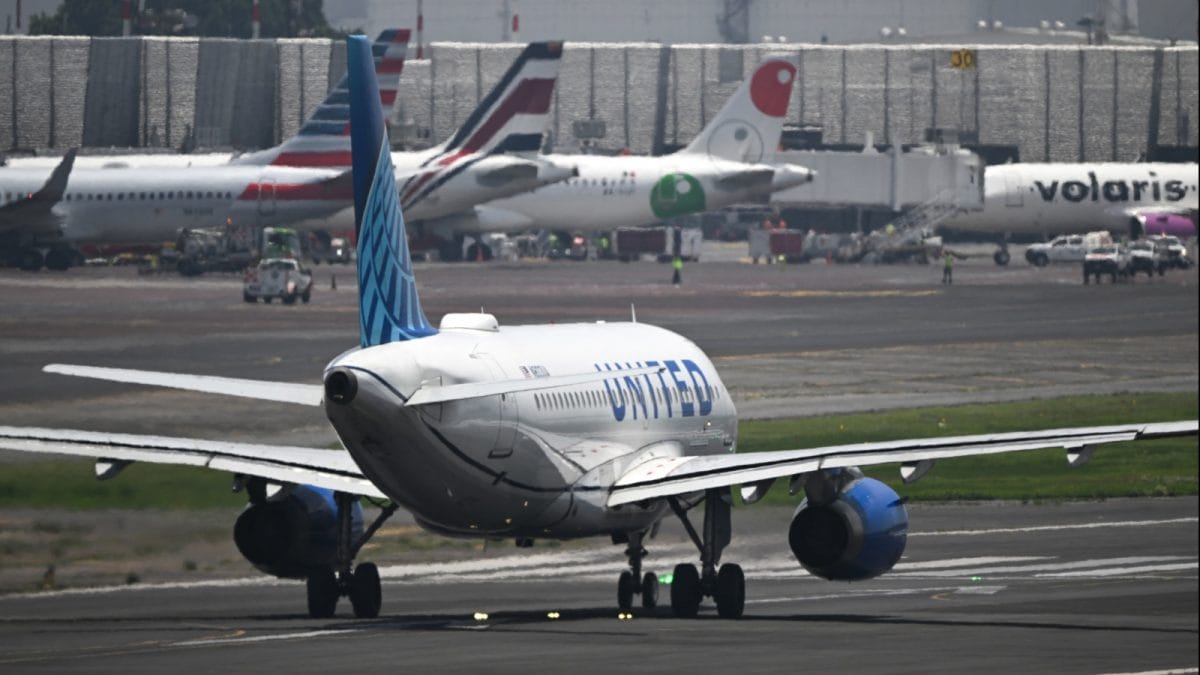Tamil Nadu Chief Minister M.K. Stalin on Saturday (August 16, 2025) wrote to Prime Minister Narendra Modi, highlighting the considerable impact of United States’ tariffs on Tamil Nadu, including the threat of layoffs in export-oriented sectors, and urged the Union government to take immediate measures, including providing a special financial relief package to support exporters.
“I wish to bring to your attention a matter of considerable concern to Tamil Nadu, as it faces severe implications due to the current 25% tariff and its potential escalation to 50%,” Mr. Stalin wrote.
“In the last financial year, while 20% of India’s total goods exports of $433.6 billion were to the United States, 31% of Tamil Nadu’s $52.1 billion goods exports went there. This higher dependency on the U.S. market clearly implies that tariff impact on Tamil Nadu will be disproportionately greater than for most other Indian states. Hence, this tariff has significant implications for Tamil Nadu’s manufacturing sector and employment scenario,” he pointed out.
“The most-affected sectors are textiles, apparels, machinery, auto components, gems and jewelry, leather, footwear, marine products, and chemicals. Even more concerning is that all these sectors are labour intensive, wherein any export slowdown will quickly result in mass layoffs,” Mr. Stalin pointed out.
Tamil Nadu accounted for 28% of India’s textile exports in 2024-2025, the largest contributor among all Indian States. The textile sector employed nearly 75 lakh people and with a 25% tariff and a proposed 50% tariff, an estimated 30 lakh jobs were at immediate risk. “To mitigate this crisis, it is essential to address structural issues that have long hindered our export competitiveness,” he said.
“In this regard, I had extensive consultations with the industry associations from the affected sectors. Based on these consultations, it is evident that the textile sector urgently needs support in two aspects: correction of the GST inverted duty structure for the man-made fiber value chain, by bringing the entire chain under a 5% GST slab and exemption of import duty on all varieties of cotton,” Mr. Stalin said.
In addition, extension of 30% collateral-free loans under the Emergency Credit Line Guarantee Scheme (ECLGS) with a 5% interest subvention and a two-year moratorium on principal repayment, along with enhancing Remission of Duties and Taxes on Exported Products (RoDTEP) benefits to 5%, extending pre- and post-shipment credit to all textile exports, including yarn, have been highlighted as other important steps to strengthen our export competitiveness, he said. “Similar challenges are being faced by other sectors due to tariff impacts and competitive pressures in global trade,” Mr. Stalin said.
“To provide immediate relief, the Union government needs to consider introducing a special interest subvention scheme for all exporters affected by tariffs to improve liquidity and reduce cost burdens and accelerating Free Trade Agreements (FTAs) and bilateral arrangements to offset high-tariff market risks,” he said.
“Considering the scale of the problem, a special financial relief package including a moratorium on principal repayment, similar to the one implemented during the COVID period is necessary to support our exporters. We look forward to such an initiative at the national level like the one from the Government of Brazil, which has announced tax deferrals and tax credits to exporters,” Mr. Stalin said.
Tamil Nadu’s thriving manufacturing sector is facing a never seen before crisis, threatening millions of livelihoods across various sectors, he said. and requested the Prime Minister’s urgent intervention in this matter, in consultation with the relevant ministries and industry stakeholders. Mr. Stalin assured Tamil Nadu’s full cooperation in implementing all necessary measures to navigate this trade predicament.



.png)
.png)
.png)
















 9 hours ago
5
9 hours ago
5









 English (US) ·
English (US) ·